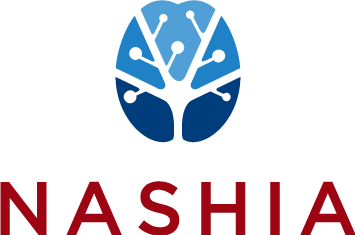In the world of contact sports, the physical toll on athletes is undeniable. Players with a history of previous concussions are more likely to have future concussions, and previous concussions may be associated with slower recovery of neurological function. Research demonstrates a concerning link between head injuries and fatal brain diseases and raises concerns among athletes and clinicians. MMA fighters who experience violent hits to the head suffer from TBIs in approximately one-third of UFC fights (Safinia C, Bershad EM, Clark HB, SantaCruz K, Alakbarova N, Suarez JI, Divani AA, Oct 2016). Previously published research on head trauma exposure in MMA strongly indicates high risk of injury among male and female fighters.
During this webinar we will delve into an introduction to MMA/UFC history and review:
information on the demographics and social determinants of the athletes in this space
current research on brain injury issues unique to this population
Existing and needed standards of care
Recommendations for suggested interventions
PRESENTER:
Beth Adams, M.Ed, LRC
Neurotrauma Rehabilitation Specialist
Massachusetts General Hospital
Beth Adams, MEd, LRC is a neurotrauma rehabilitation specialist with clinical expertise in post-concussion rehabilitation. She assists players in navigating the Brain and Body Program. She has been in the brain injury field for over twenty years serving a multitude of players as a neurotrauma case manager and cognitive rehabilitation specialist in a variety of sports organizations, including the NCAA, NFL, MMA, WWE, MLS and NHL. She is on the medical advisory board for the Commonwealth of Massachusetts Boxing Commission.
Cost/Certificate/CEs
NASHIA webinar attendance is FREE.
Certificate of Attendance -
Free for Members/$15 for Non-Members
Social Work CEs -
$10 for Members/$15 for Non-Members


